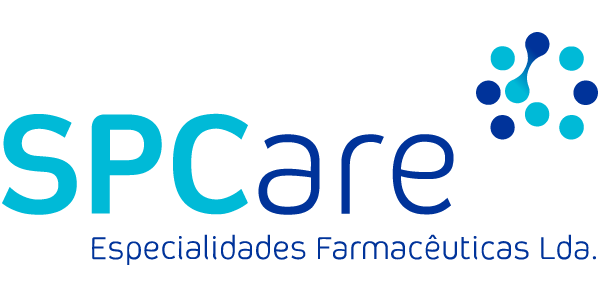Pharmacovigilance
What is Pharmacovigilance and why is it so important?
Pharmacovigilance aims to improve the safety of medicines, in defence of the user and of Public Health, through the detection, assessment and prevention of adverse reactions to medicine(s).
Pharmacovigilance encompasses:
- The collection, management and analysis of drug safety information.
- The monitoring of information to detect “signals” or safety issues.
- Any action to protect patients and public health.
- Communication with healthcare professionals or regulatory authorities (e.g. INFARMED).
What is an adverse event?
An adverse event is any unfavorable medical occurrence in a patient or an individual to whom a medicament has been administered and which does not necessarily have a causal relationship with this treatment. This may include (but is not limited to):
- Side effects with medicines (eg rash, redness, edema).
- Illness (eg contracting infection after administration of a medicine).
- Aggravation of a disease.
Which may or may not be related to the medicine.
What is an adverse drug reaction?
An adverse drug reaction(s) (ADR) or adverse drug effect(s), are synonyms, and correspond to a noxious and unintended response to one or more medicines.
The reporting of suspected adverse drug reactions allows the detection of signals associated with drug safety, and can lead to:
- Detection of new adverse reactions.
- Change in the frequency of already known adverse reactions.
- Identification of new drug interactions.
- Issues associated to the mode of use of the medicine.
- Better knowledge of the profile of the medicine.
Who should report adverse drug reactions?
Doctors, pharmacists, nurses or other healthcare professionals and users. You can report adverse reactions directly via the national reporting system mentioned below. By reporting adverse effects, you will help to provide more information on the safety of medicines.
Website: http://www.infarmed.pt/web/infarmed/submissaoram (preferred)
or via the following contacts:
Direção de Gestão do Risco de Medicamentos
Parque da Saúde de Lisboa,
Av. Brasil 53
1749-004 Lisboa
Tel: +351 21 798 73 73
Toll-Free Medicine Support Line : 800222444
e-mail: farmacovigilancia@infarmed.pt
Medical Device Surveillance
Healthcare professionals or users can report to SPCare any incidents resulting from the use of medical devices distributed by SPCare. They can also contact INFARMED, I.P., Unidade de Vigilância de Produtos de Saúde
Website: https://www.infarmed.pt/web/infarmed/notificar
Phone: +351 217 987 145
E-mail: dvps@infarmed.pt
Healthcare professionals or users can forward reports of suspected adverse reactions associated with SPCare distributed medications and any incidents arising from the use of medical devices distributed by SPCare to the Toll-Free line 800 203 826 or email farmacovigilancia@spcare.pt or by contacting one of the emergency numbers on this portal.
Implementation of Safety Devices in the Packaging of Medicines
According to the World Health Organization, between 100,000 and 1 million people are victims of counterfeit drugs every year. In Portugal, drug purchases on the Internet are the big problem.
According to the World Health Organization, every year between 100 000 and 1 million people are victims of falsified medicines. In Portugal, purchases of medicines on the Internet are a major problem.
There are several levels of EU intervention to protect the legal supply chain. Among these is the implementation of safety features on packaging.
From 9th February 2019, prescription medicines in general will have to have a unique identifier (DATAMATRIX) and a device to prevent tampering in all countries of the European Union.
The principles of the pan-European coding and serialisation system for medicinal product packaging are as follows:
- Application of safety features: tamper-proof packaging and unique serial number.
- Ensuring the same level of safety throughout the distribution chain.
- Application of a coding and identification system harmonized throughout Europe.
- Interoperability between national product verification systems.
- Verification of all serial packs at the point of dispensation, with the possibility of intermediate verifications depending on the risk or in exceptional situations.
- Maximisation of the potential benefits of package serialisation by integrating batch and shelf life into the coding system.
- Protection of data privacy.
- Simple, robust and cost-effective solution.
QUALITY
Wholesale distribution is an activity that integrates the circuit of the medicine for human use, or the circuit of the medical device, and is therefore subject to obtaining an authorisation for its exercise from INFARMED, I.P. The authorization for wholesale distribution implies compliance with Good Distribution Practices. SPCare meets the quality requirements for pharmaceutical distributors and is regularly inspected by the national health authorities, INFARMED.


